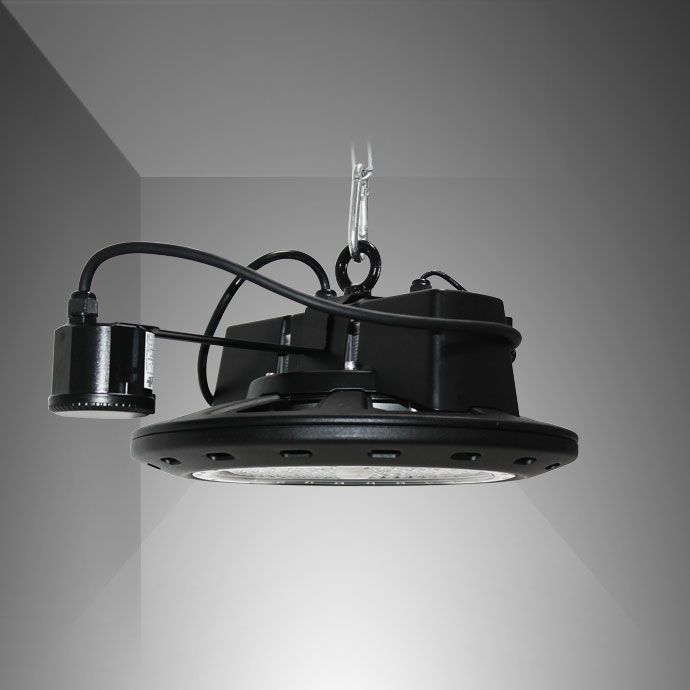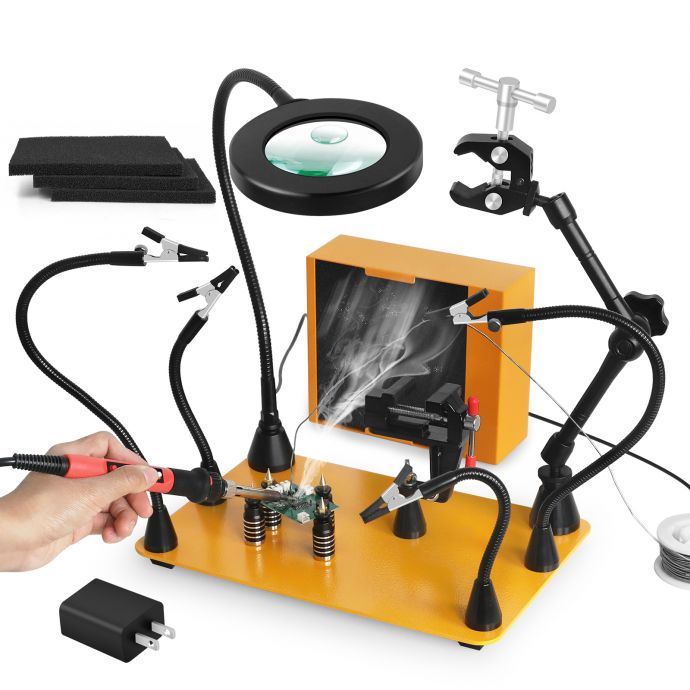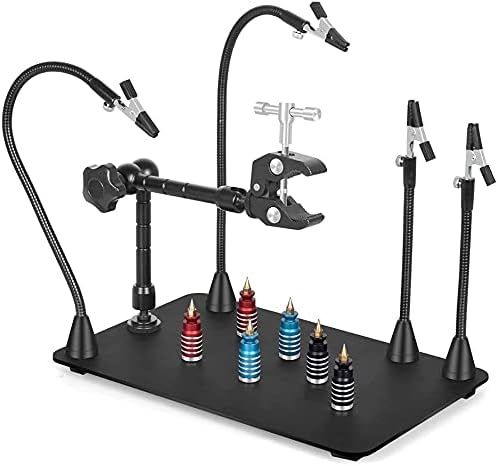In a world increasingly driven by data and technology, maximizing precision has become a pivotal goal across various fields, from manufacturing to healthcare, and finance to artificial intelligence. Precision not only boosts efficiency but also enhances the quality of outputs, minimizes waste, and increases reliability. Achieving this level of precision requires a multifaceted approach, incorporating advanced tools, intelligent systems, and a disciplined mindset. Here, we delve into several strategies and technologies that can help maximize precision across different sectors.
One of the key elements in maximizing precision is the implementation of cutting-edge technology. In the manufacturing sector, for instance, advancements in automation and robotics have fundamentally transformed production lines. Modern factories employ robotic arms equipped with sensors capable of executing tasks with unparalleled accuracy. These systems are designed to handle intricate processes with minimal deviation, reducing the margin of error and improving overall product quality. Moreover, the integration of the Internet of Things (IoT) allows for real-time monitoring and data collection, providing insights that further fine-tune operations and enhance precision.

Similarly, in the healthcare industry, precision is paramount. Innovations such as robotic-assisted surgeries have revolutionized the way procedures are conducted, offering greater control and precision. These systems allow surgeons to perform complex operations with enhanced dexterity and unparalleled accuracy, reducing the risk of complications and improving patient outcomes. Additionally, personalized medicine, driven by genomics and big data, is another frontier where precision is being maximized. By analyzing genetic information, healthcare providers can tailor treatments to individual patients, optimizing efficacy and minimizing adverse effects.
The realm of artificial intelligence and machine learning also plays a significant role in refining precision. Algorithms capable of analyzing vast datasets and learning from patterns are revolutionizing numerous sectors. In finance, for example, machine learning models are employed to predict market trends with high precision, aiding investment strategies and risk management. These models improve over time, adapting to new information and consistently enhancing their predictive capabilities. Furthermore, in fields like natural language processing (NLP) and computer vision, AI systems are achieving remarkable levels of precision, transforming how we interact with technology and interpret visual data.
Maximizing precision also involves meticulous data management. Accurate data collection, storage, and analysis are critical in driving precise outcomes. Organizations must invest in robust data infrastructure and analytics tools to ensure data integrity and accessibility. This involves employing data validation techniques, cleansing processes, and utilizing advanced analytics platforms to derive actionable insights. By embracing a data-driven culture, businesses can make informed decisions that enhance precision and drive success.

Human expertise remains an invaluable asset in the quest for precision. Skilled professionals bring a depth of understanding and problem-solving abilities that technology alone cannot replicate. Continuous training and development are essential to equip individuals with the knowledge and skills to work alongside advanced systems. Encouraging a culture of precision within organizations, where employees are motivated to strive for accuracy and quality, can significantly bolster efforts to maximize precision.
Another crucial aspect is the role of quality control and continuous improvement initiatives. Implementing comprehensive quality assurance programs ensures that products and services meet the highest standards. Regular audits, inspections, and testing protocols are vital to identify areas for improvement and rectify deviations promptly. Furthermore, embracing methodologies like Six Sigma and Lean can streamline processes, reduce variability, and enhance precision by focusing on efficiency and eliminating waste.
Collaboration and communication are also vital in the pursuit of precision. Cross-functional teams bring diverse perspectives and expertise, creating a holistic approach to problem-solving. Open lines of communication ensure that everyone involved understands the objectives and requirements for achieving precision. This collaborative effort fosters innovation and encourages the sharing of best practices, ultimately driving higher levels of precision.

Incorporating feedback loops is another effective strategy to refine precision. Systems and processes should be designed to gather feedback from end-users, whether they are customers or internal stakeholders. This feedback provides valuable insights into areas for improvement, allowing organizations to adapt and optimize their offerings. By embracing a mindset of continuous improvement, companies can remain agile and responsive, ensuring precision remains a core focus.
While maximizing precision is a formidable challenge, it is also an opportunity for growth and innovation. As technology continues to evolve, and industries become more interconnected, the potential for precision will only increase. Organizations that prioritize and invest in precision today will not only enjoy immediate benefits but also position themselves for long-term success in an increasingly competitive landscape. By embracing technology, fostering expertise, and fostering a culture of accuracy and innovation, businesses can unlock new levels of precision and pave the way for a future of excellence.





